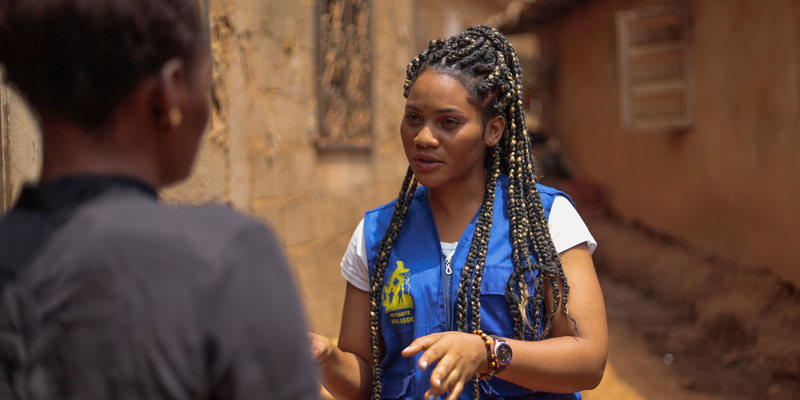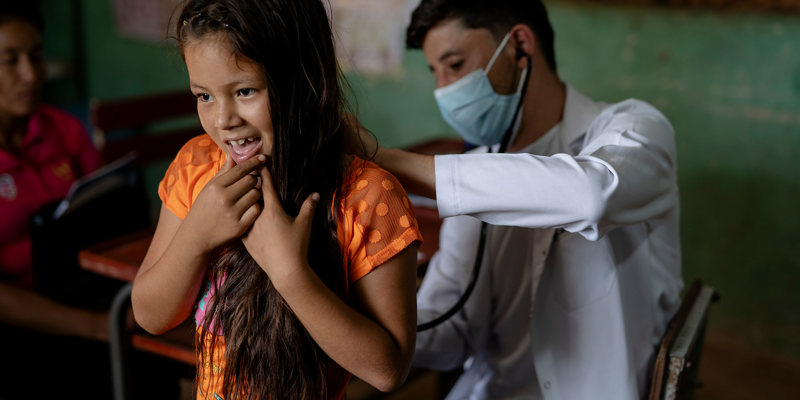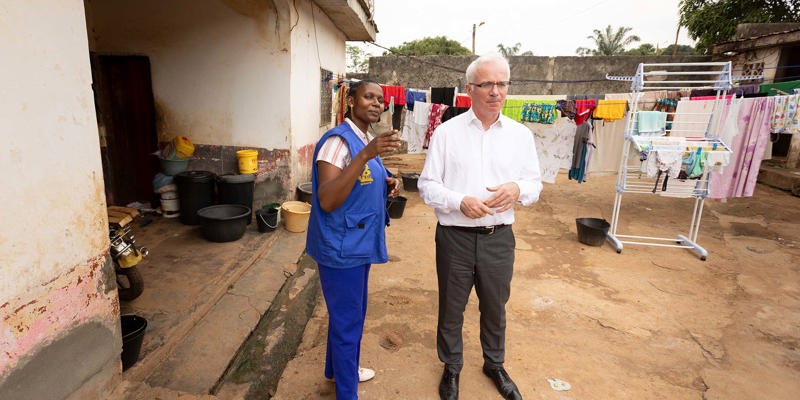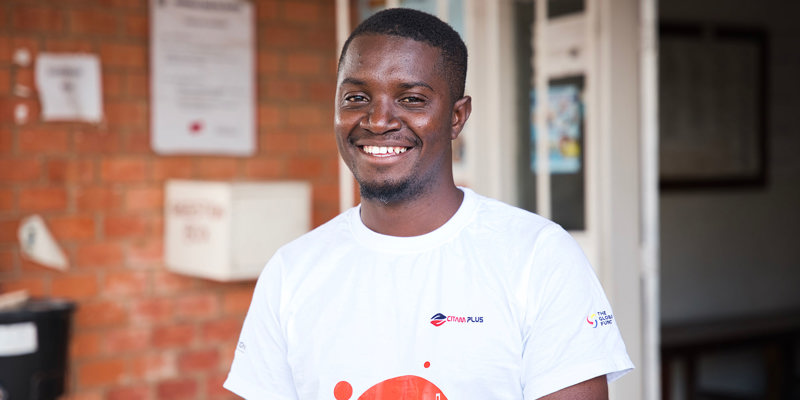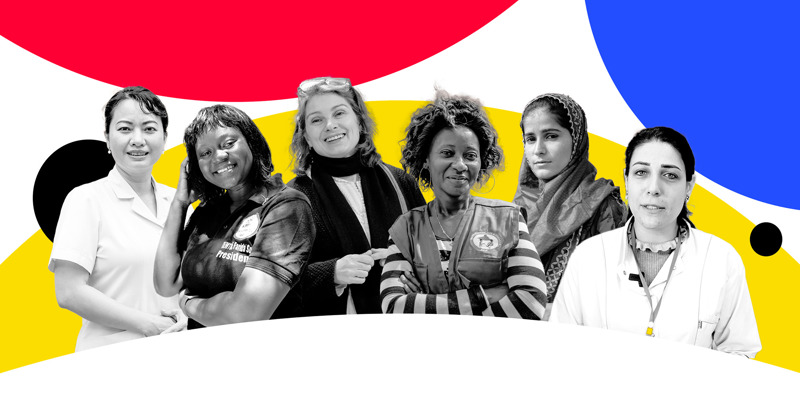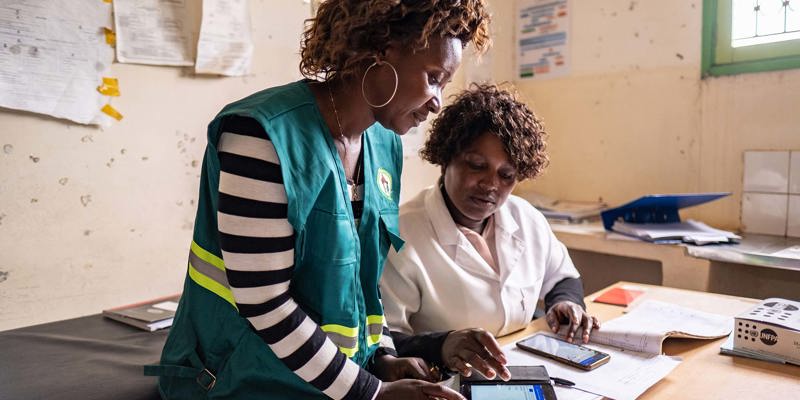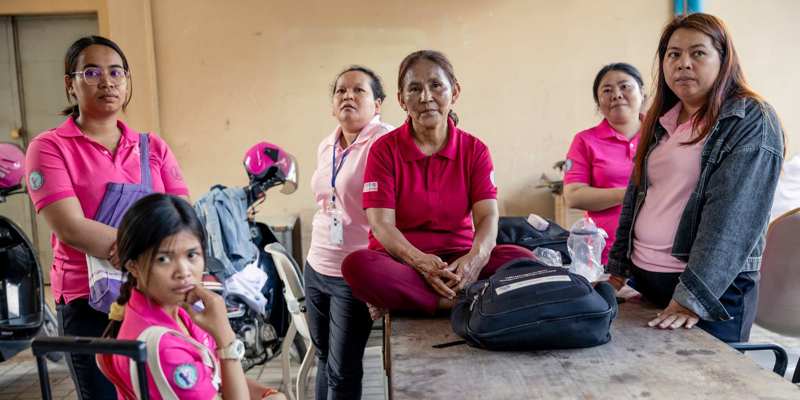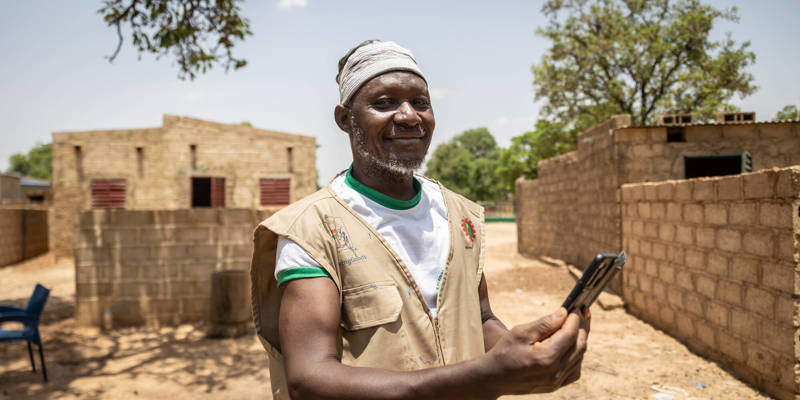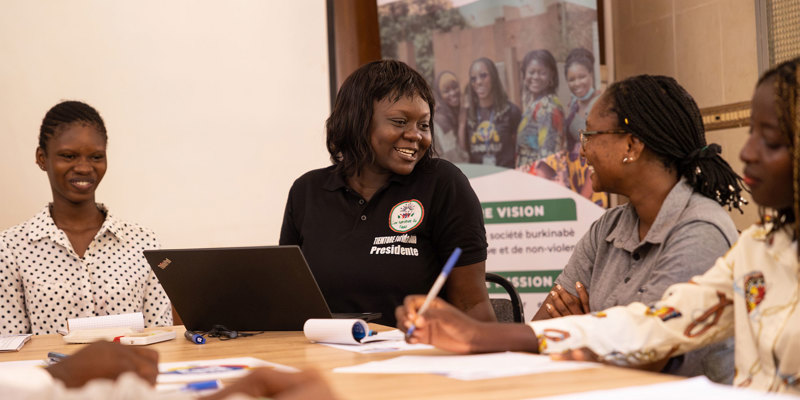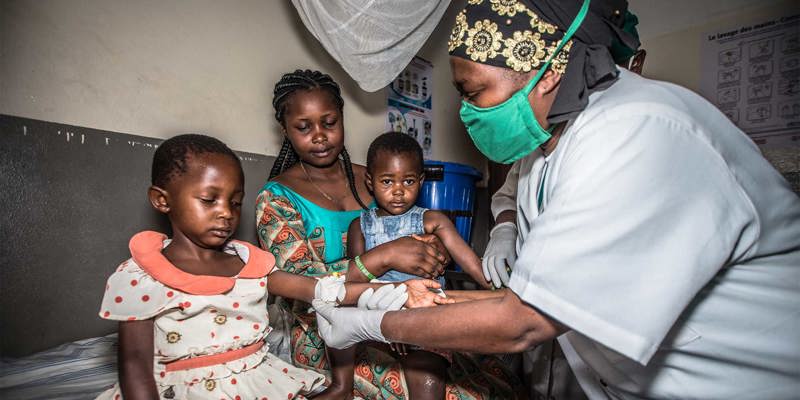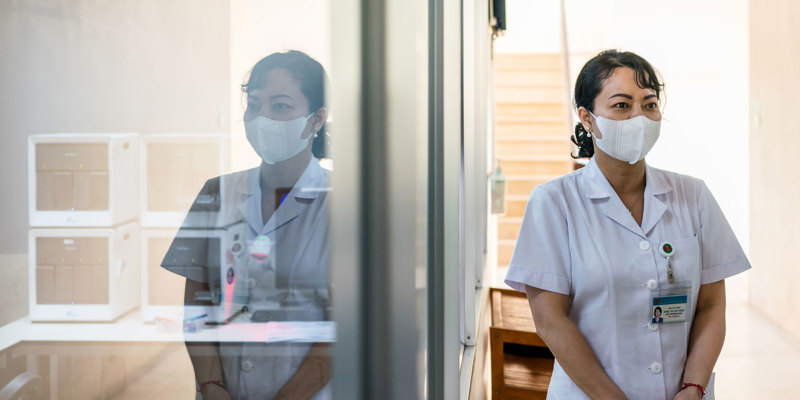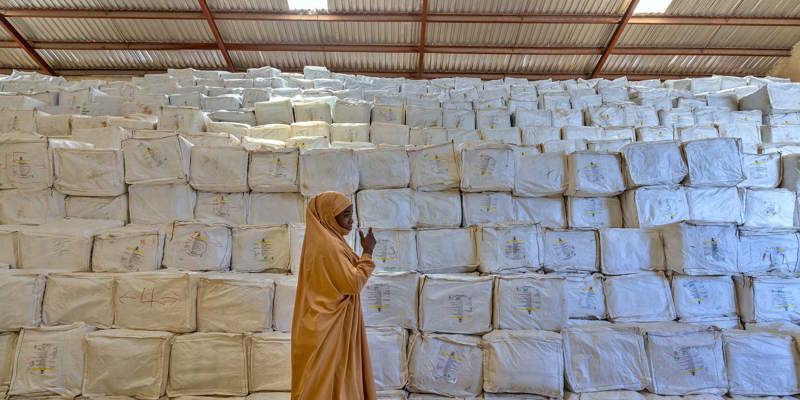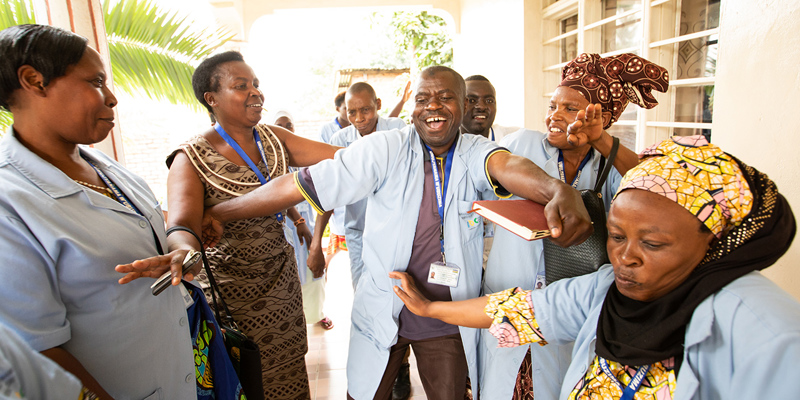The Challenge
Community health workers are at the heart of what we do – they are critical to fighting HIV, tuberculosis (TB) and malaria, and achieving universal health coverage. They expand access to basic primary health care services in remote areas and with marginalized populations, and perform critical work to prevent, detect and respond to disease outbreaks in the communities they serve. They carry out home visits, provide health information, test for and treat simple illnesses, refer people to primary health facilities when necessary, collect health data, monitor disease outbreaks and conduct disease surveillance, and distribute lifesaving health products such as mosquito nets and medicines.
There are over 3.8 million community health workers globally across at least 98 countries. However, this number of essential health workers is not enough to meet global needs. Additionally, many of them are not adequately trained, supervised or compensated to effectively attend to their communities.
In addition, around 70% of these workers are women, who are more at risk of experiencing gender-based violence. Many community health workers and peer educators also belong to marginalized populations that can be subjected to stigma, discrimination or criminalization.
Community health workers deserve to be treated as the professionals they are – paid, trained, supervised, equipped and protected. They form a trusted bridge between the health system and communities – and should be valued as such. Their jobs should be integrated in the primary health care system of countries and sustainably financed. Supporting these workers is not only a matter of fairness but also essential for achieving health equity in the communities they serve.









